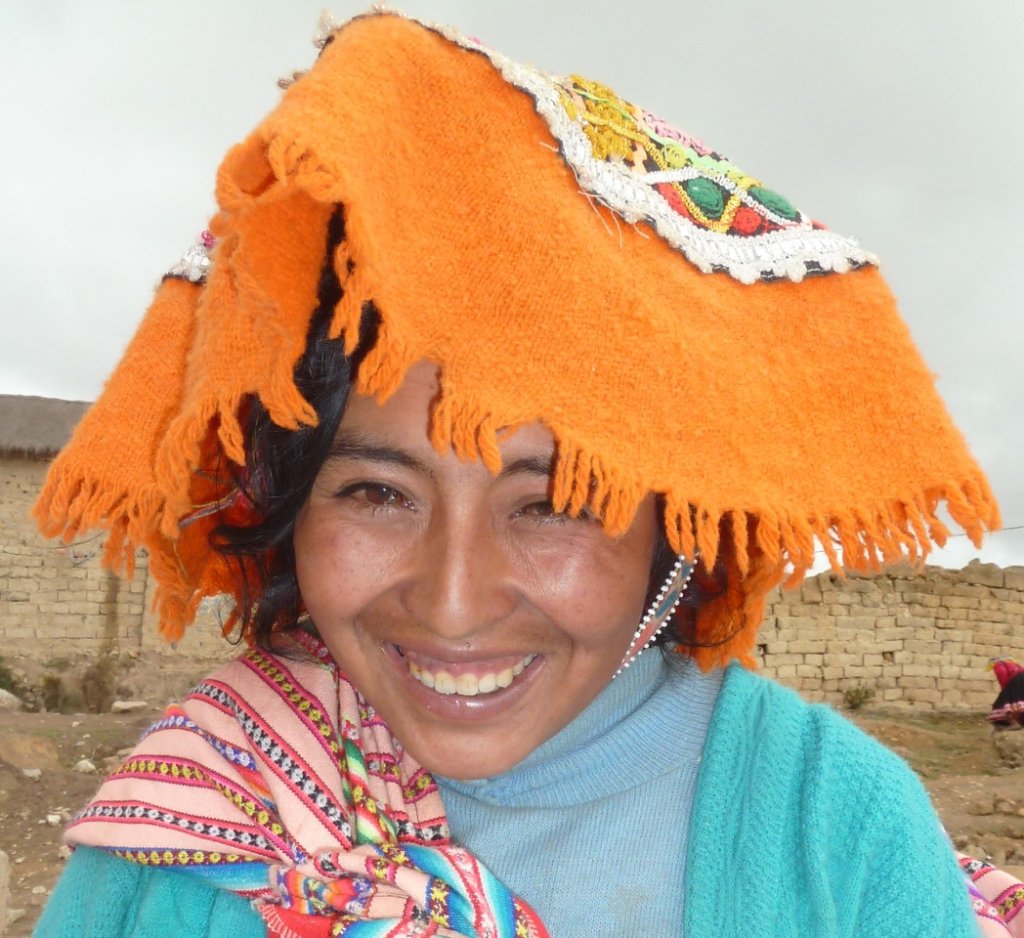By Samantha Serrano | Project Leader
Qhali Cirila was enjoying a quiet Wednesday morning in her house when a woman from her community knocked on the door asking for help with her sick, one-year old child. Cirila accompanied the woman to her home and found that the young toddler was gravely ill: agitated, with intercostal indrawing (a sign of respiratory distress), a high fever and no appetite. Through her training, Cirila realized this young child had pneumonia and made the decision to accompany the mother and child to the health post. Here, Cirlia's suspicions were confirmed and the child was transferred to the hospital for treatment for pneumonia. After five days, the young child made a full recovery and was able to return to her community.
Pneumonia is the leading cause of death in children in Peru. Because of Cirila’s qhali training, she was able to identify the signs and symptoms and her swift decision-making skills saved this young child's life. Another story highlighting the importance of locally trained health providers, and it is thanks to our supporters that DESEA Peru is able to provide lifesaving education.
DESEA Peru's qhali program was established in 2009. The term qhali is derived from the Quechua expression qhali’kaypac llank’sun meaning working for health. Qhalis are women who are elected by their community, to train and practise as community health workers, as first responders, and provide sustainable family health education and support. DESEA has developed an innovative program for the training and activities of qhalis which does not require literacy or numeracy, challenges which face most local women. During their first year, qhalis receive more than 200 hours of healthcare training using theater, hands-on practice, art, and interactive learning, all presented in their maternal tongue of Quechua. In following years, they participate in continued workshops on relevant community health issues together with newly-selected qhalis and provide family education both by themselves and in the course of community visits with DESEA nurses.
Since the June Accelerator campaign, DESEA Peru has welcomed four new women as qhalis in two communities. In June, the new qhalis were brought together to participate in a course on DESEA’s biosand filters. Topics discussed included: filter structure, function, installation process, proper use, and maintenance as well as safe hygiene and sanitation practices (WASH). Additionally, seven long-established qhalis participated in trainings with DESEA Peru and the Ministry of Health (MINSA) on nutrition, respiratory infections, acute diarrheal disease and family planning. In September, qhalis will learn about the prevention of alcohol abuse and domestic violence to assist nurses with courses in the communities as well as to reinforce topics during home visits.
Project reports on GlobalGiving are posted directly to globalgiving.org by Project Leaders as they are completed, generally every 3-4 months. To protect the integrity of these documents, GlobalGiving does not alter them; therefore you may find some language or formatting issues.
If you donate to this project or have donated to this project, you can receive an email when this project posts a report. You can also subscribe for reports without donating.


